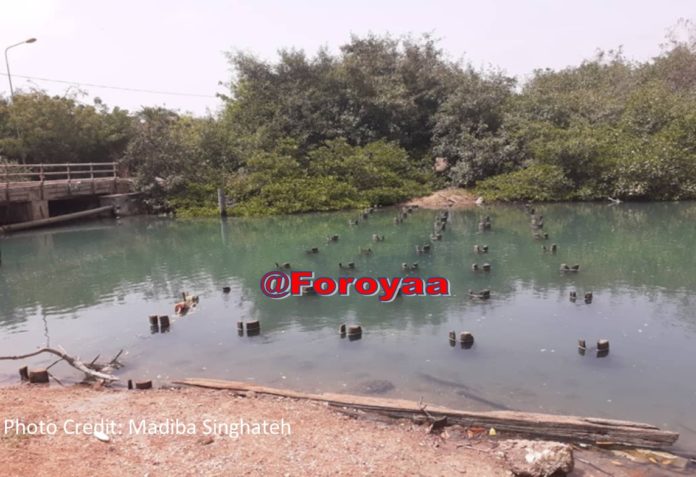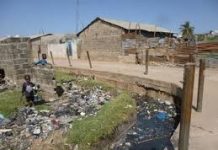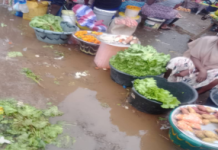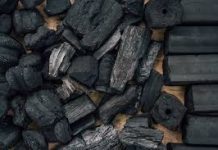With Madiba Singhateh
In this edition also set side to talk about actions that affect bird’s life in the world.
Every year thousands of birds are left wallowing around especially when their breeding areas or stopover during migration have been destroyed or occupied by human beings for settlements.
Many at times these sanctuaries such as Forest, woodland, and wetlands are in one way or the other encroached by developers and loggers.
This situation is becoming difficult in the Gambia, the encroachment of forests parks woodlands is becoming the order of the day in the country.
These actions are leading to the disappearances of some bird species.
World Migratory Bird’s day is celebrated every year in May to look into the constraints birds are facing especially when it comes to migration of birds, which happens every summer of the year.
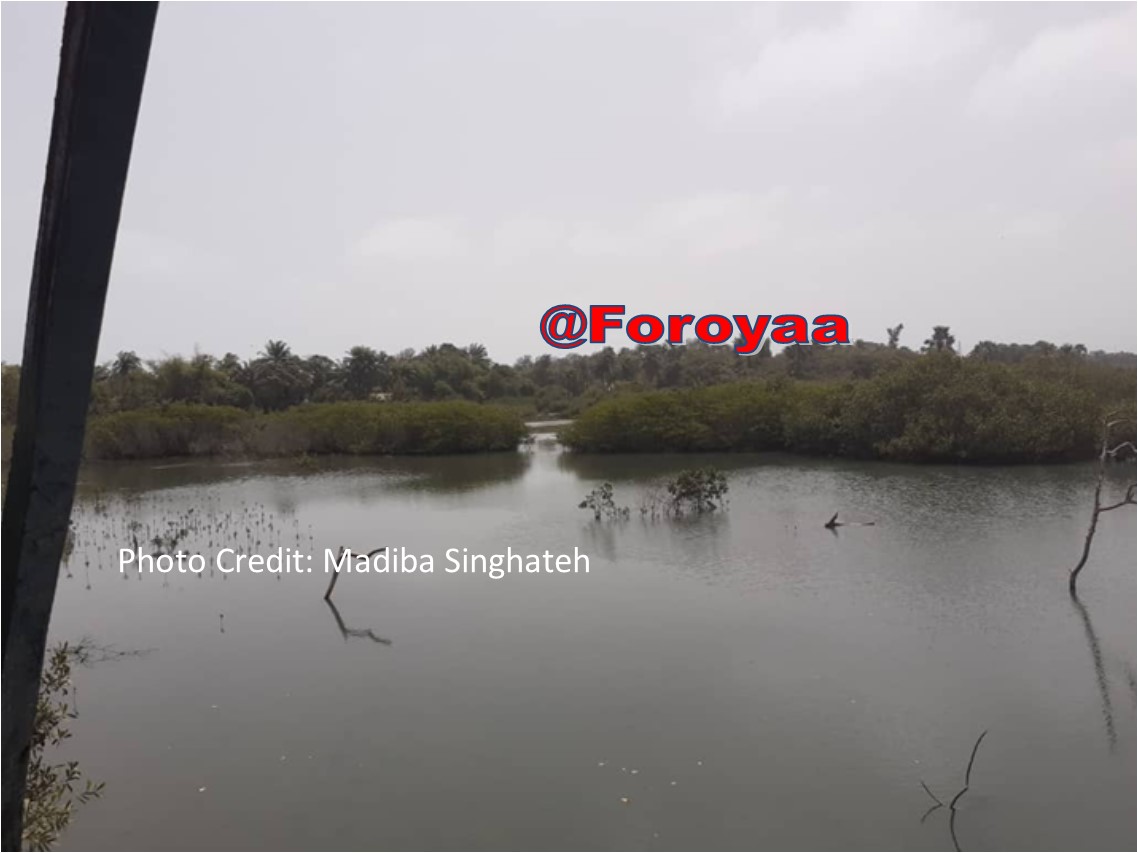
Birds face serious life-threatening conditions when migrating as most of the time during the migration they find that their sanctuaries have been destroyed.
The Habitats of these birds are facing serious threats especially when it comes to pollution of the wetlands, dumping of waste in the forest and the ocean where you find some of the water birds.
The waters birds also derive their food from the ocean which also faces a serious threat of overfishing and dumping of toxic waste which pooison the birds’ fish also.
The birds migrate from Europe to Africa and other continents around the globe through different flyways around the continents as each has its flyways.
The East Atlantic flyway is always used by migrating birds from Europe to Africa particularly the Gambia going to South Africa.
The country has over 500 species of birds, three hundred of them are found in the country, while the remaining birds are migratory species.
Speaking to Foroyaa, the Executive Director of WABSA West African Birds Study Association Lamin Jobarteh at the Parks and Wildlife Department of the Gambia at Abuko next to Nature Reserve, said the day is set aside to increase the level of awareness and the importance bird’s life. He said it also calls for the need of conserving the habitat of migratory species because globally migratory birds are facing tremendous environmental challenges ranging from wetland draining to forest destruction and pollution as well.
‘The Migratory birds travel a long distance so this calls for the need to protect their habitat so that they can complete their migratory cycle. So this is why the day is set aside to know the importance of these species, why they move from one polar region to another. During the journey they eat and refuel on areas known as stopovers which are now seriously under threat’ he said.
Speaking about conservation and challenges WABSA is facing in protecting these habitats, Jobarteh said they face a lot of challenges both national and internationally and these include climate change, desertification, industrial pollution, noting that each of them has its effect on species, be it when birds are migrating, in search of food or habitats loss.
He said nationally the biggest problem is eroding coastline and the disappearance of forest parks that are sold to housing estate agents and the other forest or lands are used for agricultural purposes by individual interests.
‘These are the habitats these species use and the advent of these fishmeal factories along the coast can also contribute to the pollution of the ocean where we have our pelagic species where some of these water birds feed on’.
A visit to Kotu Creek reveals that a bird-watching sanctuary around Badala Park also houses the office of Gambia Birds Watchers Association, who are very worried about the level of encroachment in birds’ sanctuaries.
Not only birds’ watchers but environmentalists and nature lovers are getting worried and worried about the level of land grabbing and encroachment by land dealers and loggers.
Parks like Marikassa are now overexploited and the recent issue of Penyem parks has raised alarms on how The Gambia is managing its forest/ parks and land issues.
These problems are not affecting only the birds but even other species living within those habitats.
Lands conflicts are also increasing.
Speaking to Foroyaa, Karanta Camara the president of the Gambia Birds Watchers Association said the birds could not survive the winter in Europe because of the harsh weather conditions.
Because of that, they migrate to Africa and another place on the continent.
Birds are very sensitive when they come, they look at the type of fruits they will eat and the habitat, checking whether it is conducive for them.
But when those habitats are lost or degraded you will not see them again.
‘There were species we were seeing in Kotu here but we cannot see them anymore because the nature they are surviving on has been destroyed; so they are to look for another place.
The classical example is yellow-throated long-claw which has been spotted here for many years but for the past decades you couldn’t spot one, and even at Cape Point too. So that signals that a lot of damages have been done to that area, that’s why those migrated to somewhere else.’ he said.
Yankuba Jammeh, the secretary, also spoke about the area of conservation, indicatting that they working on that and wants the government official to engage those in the ground such as Birds watchers association in collecting data on the number species disappearing and the habitat loss.
He said the country also needs to have ornithologist experts so that, they can help and protect those areas affected because the ornithologist is capable of recording and having field experience and make observation at the field level.
He said most tourists did not come for the luxury hotels but the natural environment like the parks, the wetlands and woodlands where animals also breed, such as birds and others.
He concluded that the government has to develop more emphasis on the illegal activities going on around parks and farmlands, pointing out that they need to be regulated. He also said that communities have to take ownership but not to contribute in the illegals activities happening and parks that are fading away.
Throughout interactions with officials and bird watchers we found out that most of the birds’ watchers are not happy with the Government and its partners like the parks and wildlife officials of The Gambia, Department of Forestry and the Ministry of the Environment and The Lands ministry.
Most of the time the lands are sold to estate developers which angers concerned people managing the flora and fauna and the environmentalists in the country.















